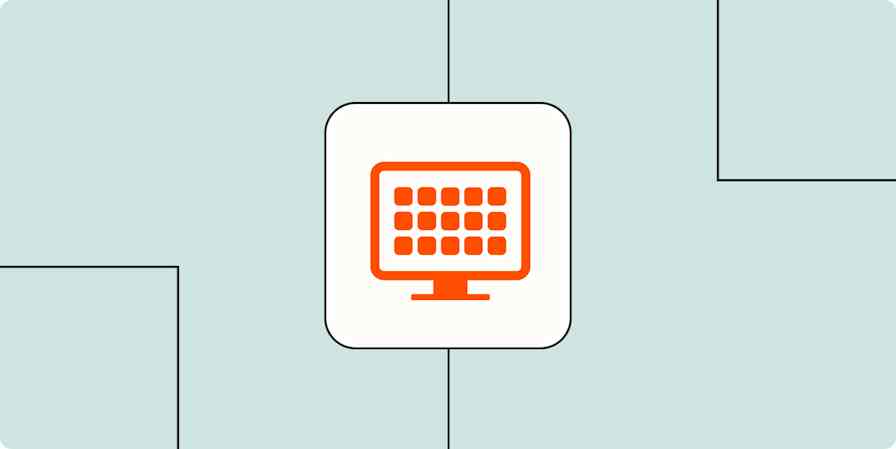Business tips
6 min read3 ways to gear up for more change
By L. Michelle Smith, M.S. ACC · April 20, 2021

Get productivity tips delivered straight to your inbox
We’ll email you 1-3 times per week—and never share your information.
Related articles
Improve your productivity automatically. Use Zapier to get your apps working together.








